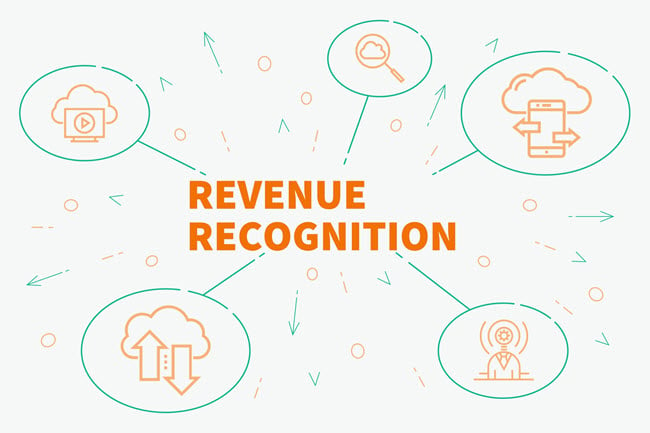In uncertain times businesses need continued access to experienced bookkeepers and accountants to keep cash flowing. Whether the need is part-time, interim, or project-based, a third-party financial professional can offer the information needed to make strategic business decisions. This need does not change when people are working remotely. In fact, with so many businesses temporarily pausing operations, the need for bookkeepers and accountants is likely greater than ever before.
While the future may be uncertain, there is one immutable certainty – businesses still have access to the reputable, qualified bookkeepers and accountants that they need to keep their organizations afloat. These kinds of key personnel aren’t going anywhere and are available to help businesses navigate today’s unique challenges.










